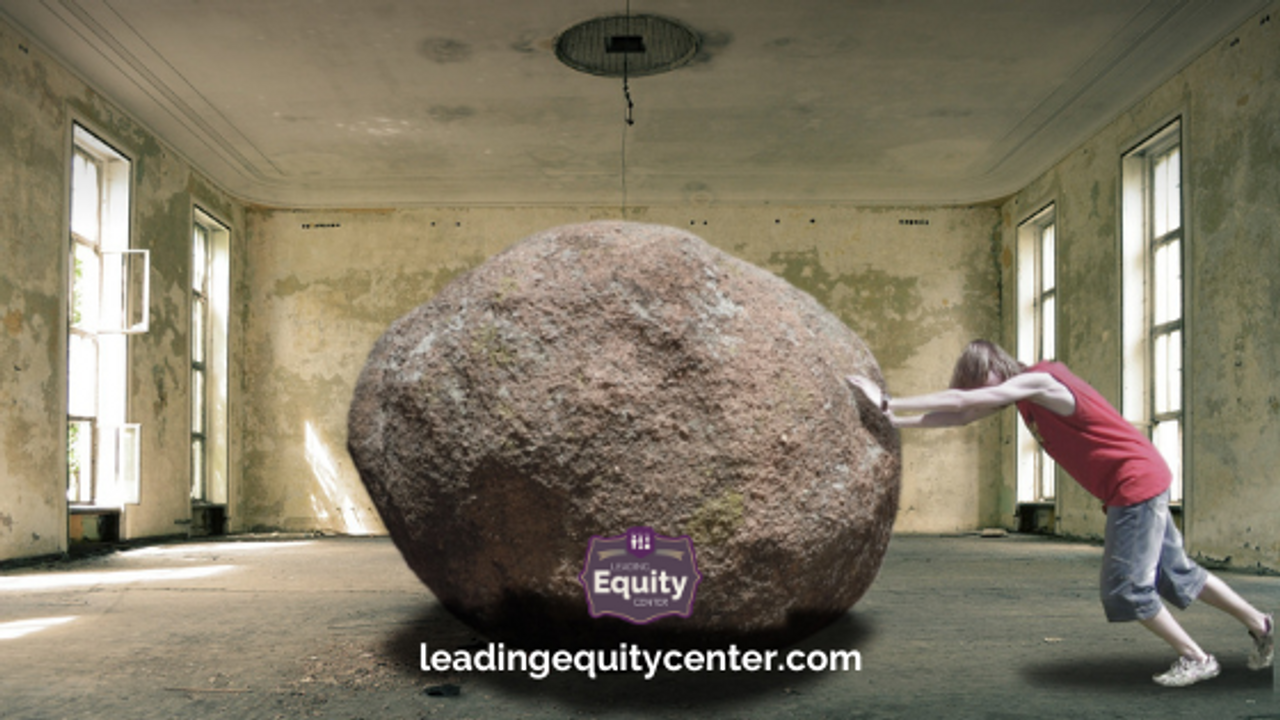Let me say that again; it's a lot.

Hey Folks,
I'm getting this Weekend Voice to you a little late. I spent the day with my son, SJ, on his field trip today. My boy is so shy, so these are the best pics I could get with him. The struggle is real y'all :)
Happy Teacher Appreciation Week, Advocates. I see you. And if you haven't seen my email from earlier this week, I'm offering 40% off my courses. Use the promo code TEACHERAPPRECIATION22. And administrators, you can get 30% off my training or my keynotes. I would love to be invited by your school or district. Book a free consultation with me, and let's make something happen.
As I think about Teacher Appreciation Week - I recall that sometimes students send us lovely cards and messages, and we receive the occasional gifts such as gift cards for coffee or bookstores. Sometimes teachers receive flowers. The Parent-Teacher Association often puts on a lunch spread or a breakfast spread, and so does the administration.
I know I appreciated the cards and letters from my students more than anything else. But after the pandemic, teaching via Zoom, being back in the classroom, with masks or without masks, learning loss, and students who are learning how to be part of a classroom again, it's a lot. So, even before the last two years, did any of that make you feel truly appreciated?
Let me say that again; it's a lot.
It's no surprise then that a recent issue of Education Week had an article on teacher job satisfaction. Would you be surprised to learn that only 12% of the 1,300 educators polled say they are very satisfied with their jobs?
I was thinking about my Livestream last week with Selvon Waldron on the experiences of Black and Brown male teachers. He commented that rather than being seen for their entire pedagogy, Black and Brown male teachers are often used for discipline or to translate. He also noted that people don't talk to them in some schools or stop talking when they enter a room. This, he observed, can lead to burnout.
This teacher appreciation week, I want you to know that you are seen and appreciated.
This week, on my Livestream, my guest was Deanna Lough. She is a high school English teacher in Delaware who has taught for 18 years. She currently serves as the English department coordinator and instructional coach. She is also co-parent of a podcast, Speaking Educationally. I've had the pleasure of being a guest on her podcast.
I was interested to learn that Lough practices ungrading in her classroom. She became interested in having a gradeless or ungraded classroom in 2015. After about seven years of putting the pieces together, she had only just been implementing it in her classroom in the last couple of years. Lough cautions that ungrading is not something you can learn in the summer and execute the following fall. She is the only teacher at her school who uses ungrading.
Ungrading, according to Deanna, is using all the standards and giving students feedback to improve and demonstrate mastery. Ungrading "removes the grade as a barrier to student learning," she said. Since her school operates on a trimester system, Lough doesn't give midterms or finals; rather, she gives her students a chance to grade pitch. She and the student meet, and the student will indicate the areas they have mastered or shown improvement, bring their papers with them to demonstrate, and indicate the grade they deserve.
After two years, Lough notes that the students are usually accurate in their grade assessment. The process offers transparency to parents while offering students the opportunity to take ownership of their learning. For more, please watch the Livestream.
I don't say it often enough, but thank you for all you do,
Sheldon


